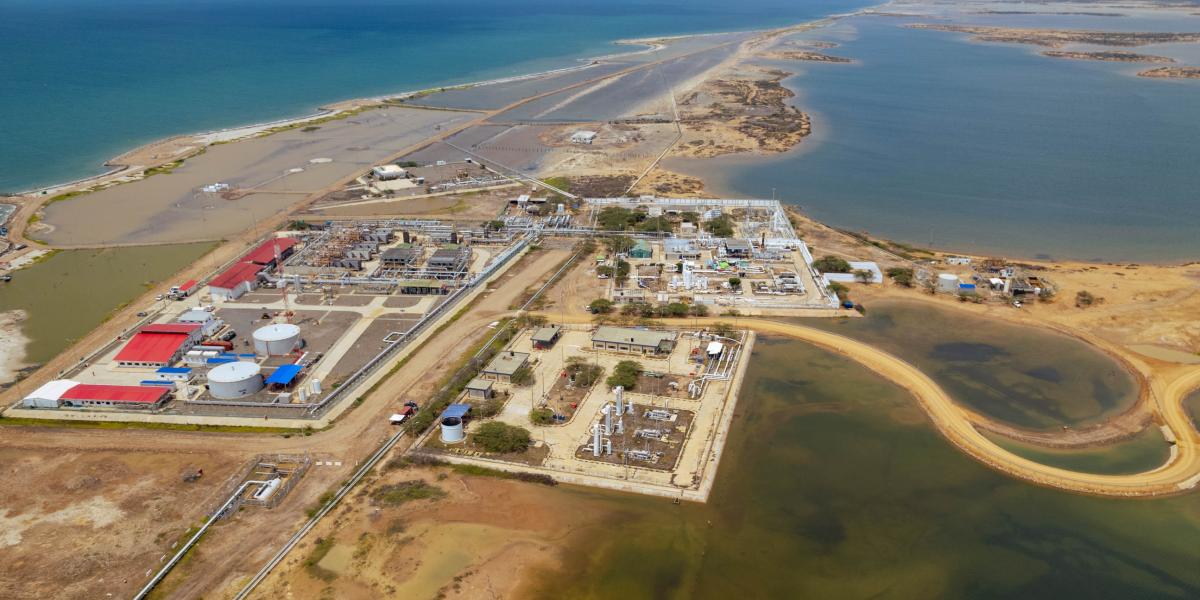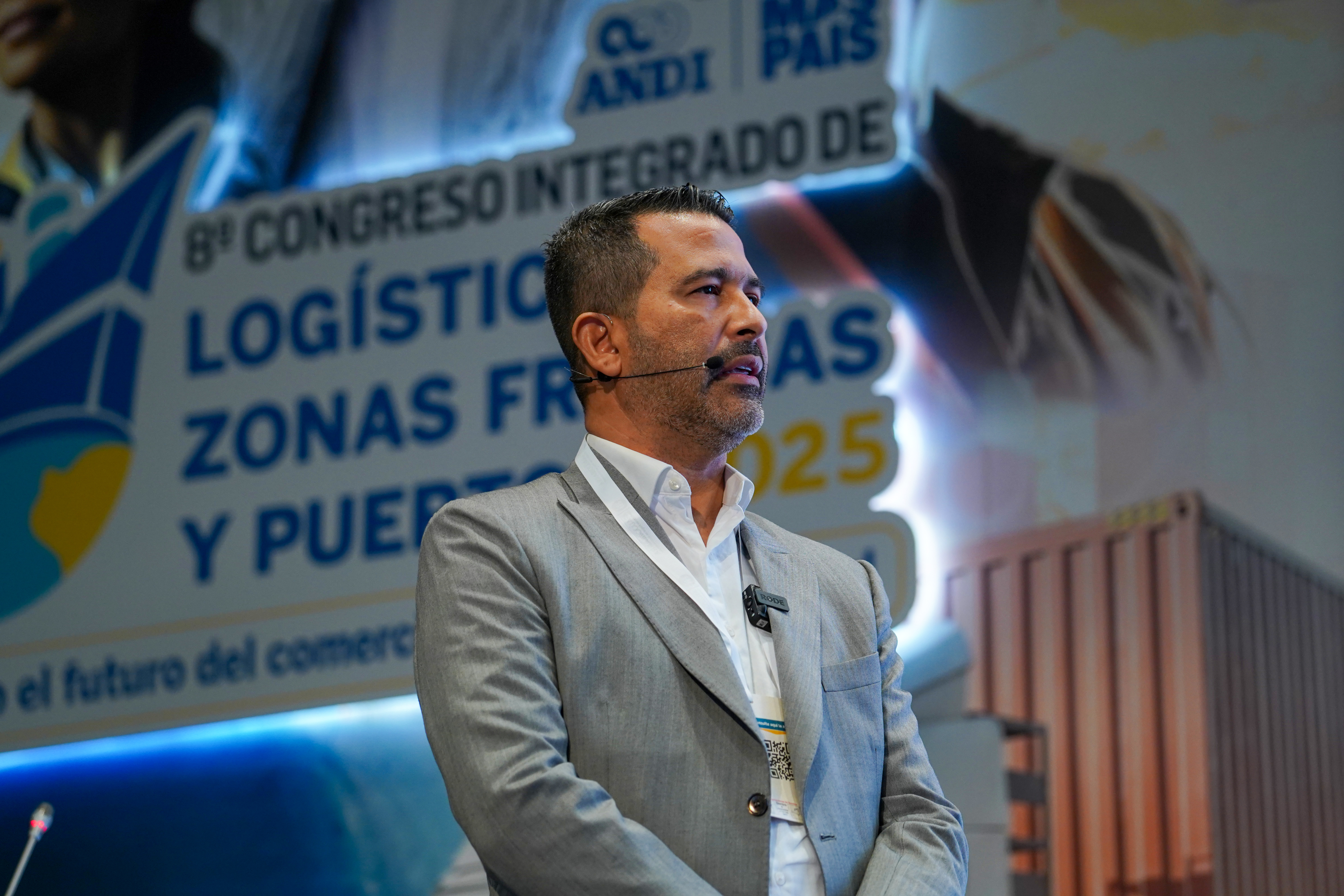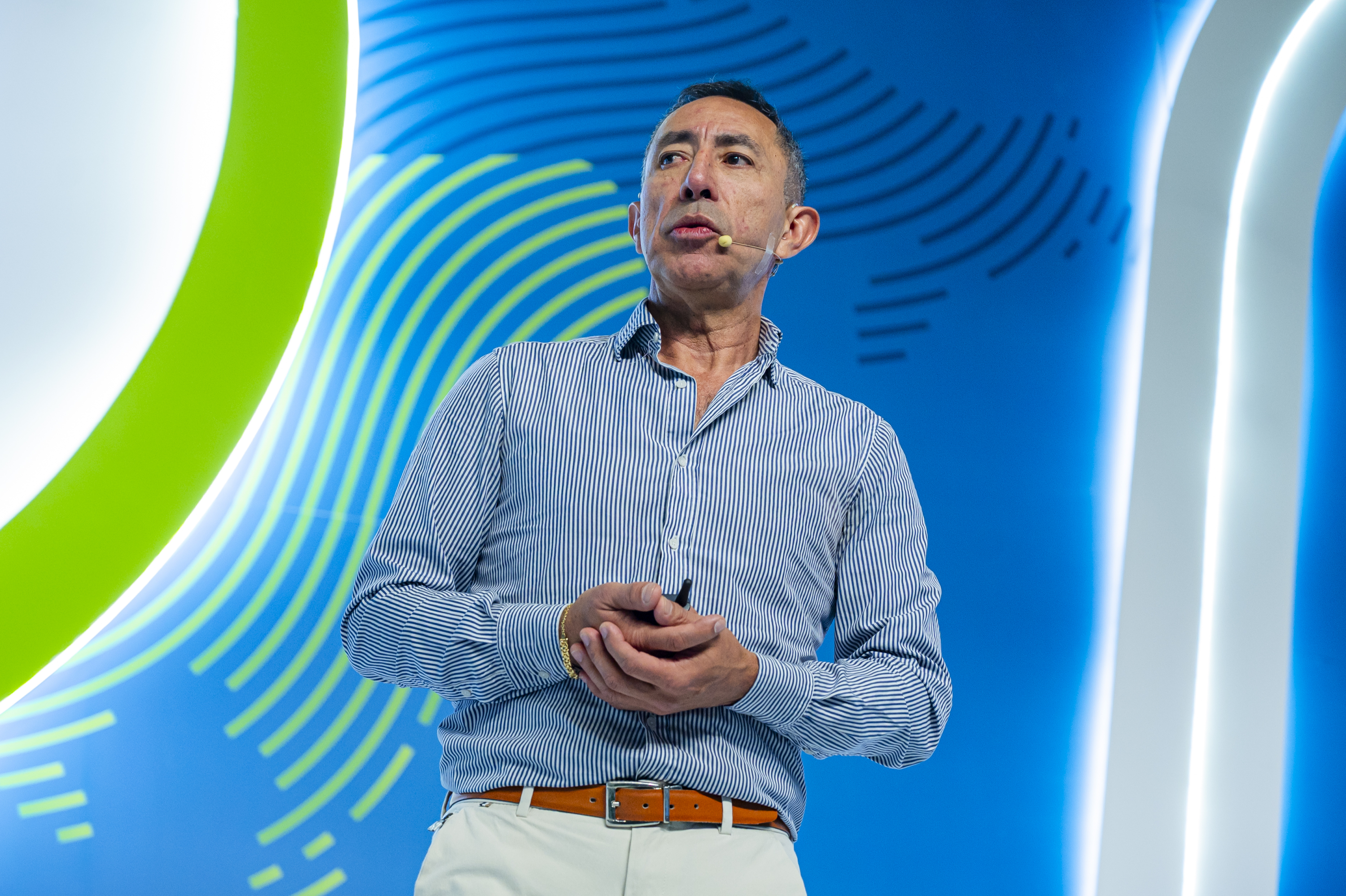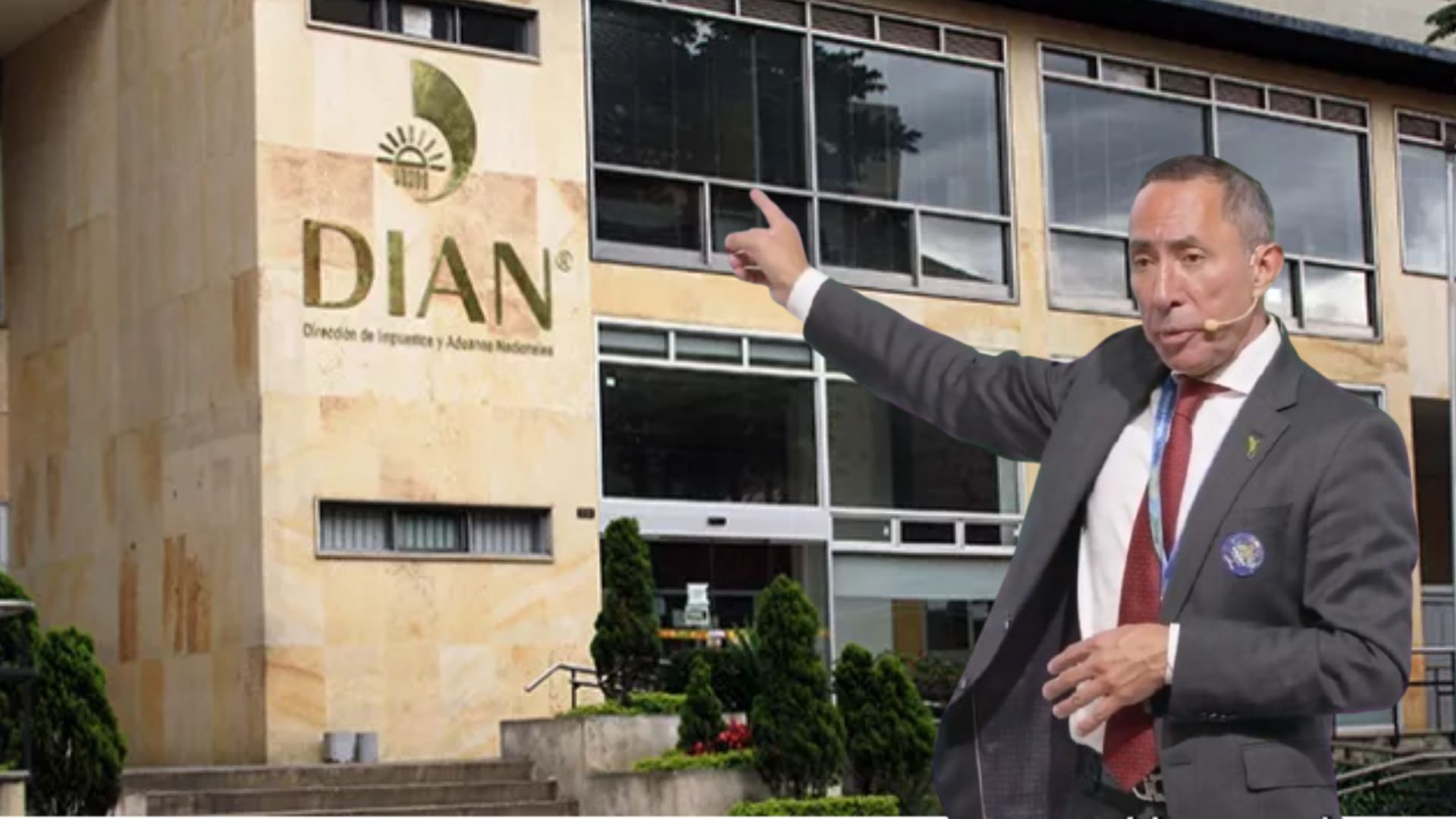What could happen if Ecopetrol is forced to pay $9.4 billion to the Dian?

If the National Tax and Customs Directorate (DIAN) is demanding that Ecopetrol pay 9.4 billion pesos in VAT at 19 percent on gasoline imported between 2022 and 2024, which was first reported by this outlet's Investigative Unit, the state-owned company would assume a payment close to a tax reform.

Ballenas Field, Ecopetrol. Photo: Private archive
According to the Workers' Union (USO), this situation is being implemented to find available cash and balance the nation's accounts in the face of the decline in tax collection by the Dian . "The entity is seeking to seize Ecopetrol's available cash, which is the resources the company uses to invest in exploration and production, pay contractors and their employees, and finance the annual investment plan, in addition to making transfers to the nation," the union stated.
Specifically, the DIAN is demanding payment of 9.4 billion pesos, broken down as follows: 6.1 billion pesos for Ecopetrol, 1 billion pesos for the Cartagena Refinery, and more than 2.3 billion pesos in interest.
"They're taking 22 billion pesos from Colombians to spend on bureaucracy and populism ahead of the 2026 presidential elections, putting the country's largest company at risk ," said Alejandro Ospina, president of Utipec, another union representing workers in the hydrocarbon sector.

Luis Eduardo Llinás, director of the Dian. Photo: Dian
Both warn that if the DIAN's demands extend to imports of diesel fuel, the company could end up paying around 21 or 22 billion pesos. "These charges represent an individual tax reform for Ecopetrol, jeopardize its financial stability, and put its most important company at risk of bankruptcy," the USO asserted in a statement, criticizing the fact that imported fuels are taxed at 19 percent, while locally produced fuels pay only 5 percent, despite being destined for the same domestic market.
The case is so serious that, as this media outlet's Investigative Unit learned firsthand, the company's president, Ricardo Roa, announced to the board that he was evaluating the DIAN's request with lawyers and that, at the same time, they were raising concerns with the Ministry of Finance.
Upon hearing the news, various experts asserted that this situation could affect the company. César Pabón, director of Economic Research at Corficolombiana, stated that while Ecopetrol has around 14 billion pesos in cash, which would in principle cover the 9.4 billion peso requirement, it could only access about 3 billion pesos without affecting its normal operations.
"The rest would have to be financed, increasing its debt and potentially deteriorating its credit profile. Although the company can raise funds on the international market, this would increase its financial cost. To put the burden into perspective: in 2024 it paid 10.2 billion in income tax, this year's dividends total 8.8 billion (7.8 billion to the State), and the balance of the Fuel Price Stabilization Fund as of the first quarter of 2025 is estimated at 6.5 billion. This is a significant pressure, even more so considering that Reficar operates in a free trade zone," he opined.
For former Minister of Mines and Energy Amylkar Acosta, the other consequence of this "outburst" would be an increase of the same proportion (19 percent) in the Producer Income (PI) component of the final consumer price formula, which is what Ecopetrol is paid for fuel sold throughout the country, applicable to both gasoline and diesel.
" If this overcharge is not passed on to consumers, the FEPC deficit would increase , which would worsen the nation's already large fiscal deficit," he said.

Ecopetrol President Ricardo Roa. Photo: Ecopetrol
According to the Autonomous Committee of the Fiscal Rule (CARF), the government's current cash availability is at a "critical" level due to revenue growth falling below what is required and expenses at historically high levels. In 2024, the executive branch's cash reserves closed at 3.7 trillion pesos in deposits at the Bank of the Republic, a figure lower than the historical average of 13.6 trillion pesos.
To address the liquidity crisis, the government has been implementing various strategies, such as issuing 14.4 trillion pesos in public debt securities (TES) directly to public entities in just three months. Between 2011 and 2024, the issue stood at 4.4 trillion pesos, according to a report by Banco de Bogotá's Economic Research Department.
"What was striking was the issuance of 7.7 trillion pesos in short-term TES (TCO) (equivalent to four months of auctions) to pay Ecopetrol the total balance of the FEPC. Thus, the Government began using the TCO to solve its cash flow problems. Given the low liquidity of these securities, Ecopetrol's cash (or liquidity) must have been affected, and thus, the Nation practically transferred its cash flow problems to Ecopetrol ," the report states.

Ricardo Roa has already informed the board members about the DIAN's multimillion-dollar charges. Photo: EL TIEMPO/ Private Archive
Faced with this situation, former minister Juan Camilo Restrepo asserted that the government is paying with bonds that have little liquidity on the market, which puts Ecopetrol in a "serious" situation. " Ecopetrol has to return that same amount to the government in the form of dividends by selling TES bonds that have very little liquidity on the market. With these two measures, the government is sucking nearly 30 billion pesos out of Ecopetrol. This way, the government raises cash and covers its fragile finances, while Ecopetrol's finances are left in a dire situation with no investment capacity," he asserted.
More news in EL TIEMPO:eltiempo





